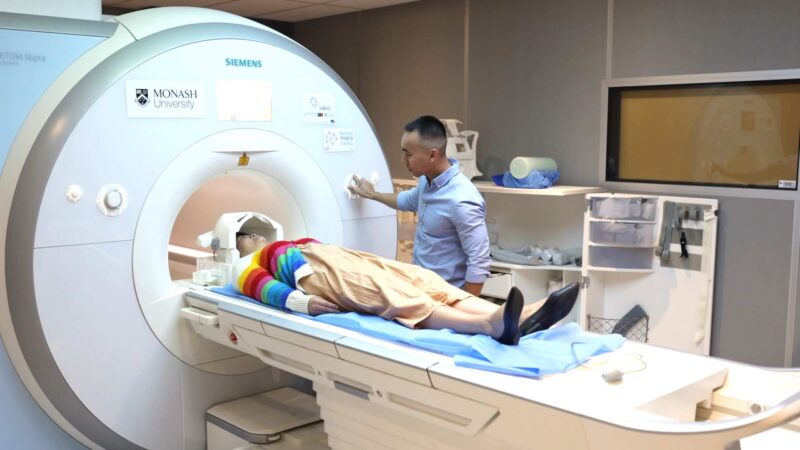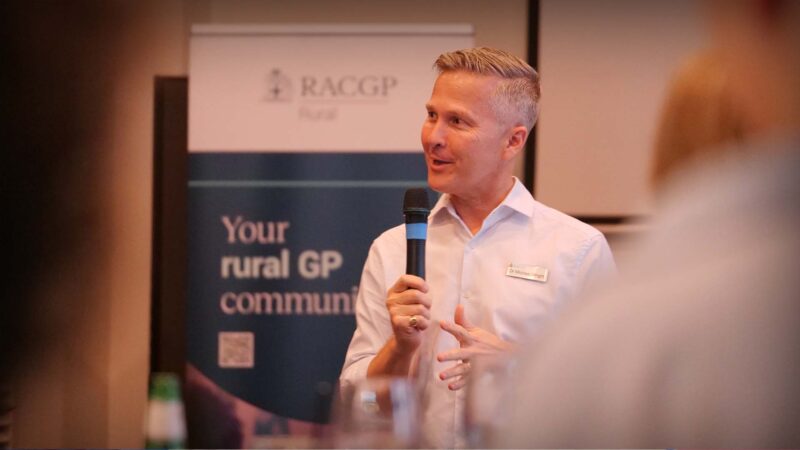ENHANCING OCCUPATIONAL THERAPY SERVICE PROVISION WITH MILITARY VETERANS
With
Carol McKinstry,
Professor of Occupational Therapy &
Deputy Dean, Rural Health School,
La Trobe University,
Bendigo, Victoria, Australia
RESEARCHER PROFILE
Filmed Online | April 2025
Carol McKinstry is Professor of Occupational Therapy and Deputy Dean with La Trobe University’s Rural Health School at the Bendigo campus. She is currently Chair of Academic Board and member of University Council.
After completing her Bachelor of Occupational Therapy in Melbourne, she returned to Bendigo to work in local health services, where she developed a strong foundation in rehabilitation, assisting individuals recovering from strokes, accidents, trauma, chronic pain, and spinal cord injuries.
Prof McKinstry was instrumental in the development of the occupational therapy course at the La Trobe University’s Bendigo campus and also the establishment of the Rural Health School.
Prof McKinstry’s research focus is on health workforce, particularly developing a sustainable rural health workforce through recruitment of rural students for health courses, innovative and flexible delivery of health courses, telehealth and emerging areas of practice for occupational therapists.
She is particularly interested in addressing the needs of returning military service members, especially in rural areas where access to services is often limited. Motivated by her upbringing in a regional area, Prof McKinstry is passionate about ensuring equitable health services for those living in rural communities, aiming to tackle workforce shortages and improve health outcomes for these populations.
She is a current board director of Occupational Therapy Australia having been the past president between 2020-2024. She is on the Board of Bendigo Health and was on the Rochester and Elmore District Health Service Board for nine years, also serving as Board Chair and appointed as Life Governor.
Although not excelling in any particular sports, she has had a long involvement with a number of sports at a club and association/organisational board/committee level. She was the first female chair of the Bendigo Football Netball League in its 140 year history and is a life member of several local sporting organisations. Prof McKinstry looks to combine her health background and love of sport, particularly in the areas of participation in sport for all ages to improve health and wellbeing.
Source: Supplied and supplemented
You Might also like
-
Links investigated between poor sleep and onset of dementia
Watch Samantha Bramich, a PHD candidate at the Wicking Dementia Research and Education Centre, University of Tasmania talk on identify the prevalence of rapid eye movement sleep behaviour disorder (RBD) in Tasmania and how poor sleep contributes to the onset of dementia and other diseases.
-
Dr James Pang
DR JAMES PANG, RESEARCH FELLOW
TURNER INSTITUTE FOR BRAIN AND MENTAL HEALTH, MONASH UNIVERSITY
VICTORIA, AUSTRALIA -
New models of care and value in General Practice
Dr Michael Wright is a GP, health economist and health services researcher. Dr Wright currently works as a portfolio GP, combining clinical practice with strategic appointments (most recently with RACGP, Central and Eastern Sydney Primary Health Network, Avant Mutual the Australian Institute of Health and Welfare) and academic research analysing the effects of current health policy on the quality and performance of primary care.

 https://orcid.org/0000-0001-6383-6313
https://orcid.org/0000-0001-6383-6313


